-
 Bitcoin
Bitcoin $87,217.2603
2.31% -
 Ethereum
Ethereum $1,635.9244
1.27% -
 Tether USDt
Tether USDt $0.9998
-0.01% -
 XRP
XRP $2.1187
1.45% -
 BNB
BNB $601.3294
1.52% -
 Solana
Solana $141.4009
-0.14% -
 USDC
USDC $0.9998
-0.01% -
 Dogecoin
Dogecoin $0.1606
1.09% -
 TRON
TRON $0.2464
0.82% -
 Cardano
Cardano $0.6389
0.91% -
 Chainlink
Chainlink $13.6182
5.11% -
 UNUS SED LEO
UNUS SED LEO $9.3824
0.72% -
 Avalanche
Avalanche $19.9943
0.10% -
 Stellar
Stellar $0.2506
1.60% -
 Toncoin
Toncoin $3.0265
1.39% -
 Shiba Inu
Shiba Inu $0.0...01267
2.42% -
 Hedera
Hedera $0.1715
2.32% -
 Sui
Sui $2.2064
2.41% -
 Bitcoin Cash
Bitcoin Cash $339.4801
-0.15% -
 Polkadot
Polkadot $3.9328
1.31% -
 Hyperliquid
Hyperliquid $18.1662
-0.79% -
 Litecoin
Litecoin $79.4134
4.00% -
 Bitget Token
Bitget Token $4.5006
-1.11% -
 Dai
Dai $1.0000
0.01% -
 Ethena USDe
Ethena USDe $0.9992
0.01% -
 Pi
Pi $0.6443
-1.24% -
 Monero
Monero $215.8399
-0.23% -
 Uniswap
Uniswap $5.4328
1.69% -
 Pepe
Pepe $0.0...07818
3.87% -
 Aptos
Aptos $5.1484
5.01%
What is COMP coin? A comprehensive introduction to COMP coin project in one article
The Compound protocol's native asset, COMP coin, empowers governance by enabling token holders to vote on protocol updates and distribute rewards for platform contributions via lending, borrowing, and governance participation.
Oct 01, 2024 at 10:42 am
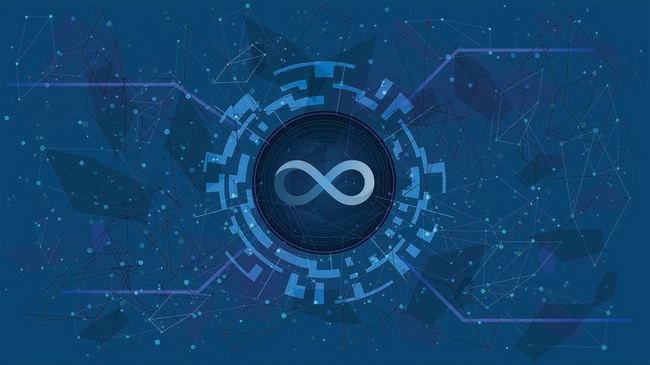
What is COMP Coin: A Comprehensive Introduction
1. Overview
COMP coin is the native token of the Compound protocol, a decentralized finance (DeFi) platform that enables users to lend, borrow, and earn interest on crypto assets.
2. Purpose of Compound Protocol
- Lending and Borrowing: The protocol facilitates lending and borrowing operations between users, empowering them to earn interest on their assets or obtain funding without traditional intermediaries.
- Interest-earning: Compounding allows users to earn interest on deposited assets by automatically reinvesting the interest earned, leading to exponential returns.
3. COMP Coin
- Governance: One of the key features of COMP coin is its governance functionality. COMP holders have the power to vote on proposals that guide the development and future of the Compound protocol.
- Rewards Distribution: COMP rewards are distributed to users who supply liquidity to the platform, participate in lending and borrowing, and vote on governance proposals.
4. Key Features of COMP Coin
- Native Token: COMP is the native asset of the Compound protocol, used to pay transaction fees, vote on proposals, and earn rewards.
- ERC-20 Compatible: COMP is an ERC-20 compliant token, compatible with Ethereum wallets and exchanges.
- Limited Supply: The total supply of COMP is limited to 10 million tokens, ensuring scarcity and potential value appreciation.
5. Benefits of Using COMP
- Passive Income: COMP holders can earn rewards through lending, borrowing, and governance participation.
- Governance Influence: COMP gives users the power to shape the future of the Compound protocol through voting.
- Scarcity and Value: The limited supply of COMP contributes to its value and potentially attractive long-term return.
6. Risks of Using COMP
- Market Volatility: The value of COMP is highly volatile and can fluctuate dramatically due to market conditions and protocol updates.
- Smart Contract Risk: COMP, like all cryptocurrency assets, is susceptible to smart contract vulnerabilities and hacks.
- Governance Risks: Decision-making through COMP governance can be influenced by whale holders who may not act in the best interest of the platform.
7. Conclusion
COMP coin is a crucial component of the Compound protocol, a leading DeFi platform that empowers users with flexible lending and borrowing options and passive income opportunities. Its governance functionality, limited supply, and potential for rewards make it an attractive proposition for those interested in participating in the DeFi ecosystem. However, it is essential to be aware of the risks associated with using COMP, particularly its volatility and vulnerability to external factors. Ultimately, individuals should carefully evaluate the potential benefits and risks before making any investment decisions.
Disclaimer:info@kdj.com
The information provided is not trading advice. kdj.com does not assume any responsibility for any investments made based on the information provided in this article. Cryptocurrencies are highly volatile and it is highly recommended that you invest with caution after thorough research!
If you believe that the content used on this website infringes your copyright, please contact us immediately (info@kdj.com) and we will delete it promptly.
- CryptoPunks Maintained Their Leadership in NFTs
- 2025-04-21 10:40:13
- Web3 ai's $WAI Presale Surges Toward 8x Gains! Pi Crashes 70% & HYPE TVL Falls
- 2025-04-21 10:40:13
- Artificial Superintelligence Alliance [FET] has rallied 53% in 11 days
- 2025-04-21 10:35:13
- Ethereum (ETH) Network Activity Decreases, Driving New Proposal to Switch to RISC-V
- 2025-04-21 10:35:13
- President Donald Trump Calls to Stop Minting New Pennies, Citing Rising Production Costs
- 2025-04-21 10:30:13
- Weekly Funding Report: Auradine Raised $153M Series C, Targeting AI Infrastructure
- 2025-04-21 10:30:13
Related knowledge
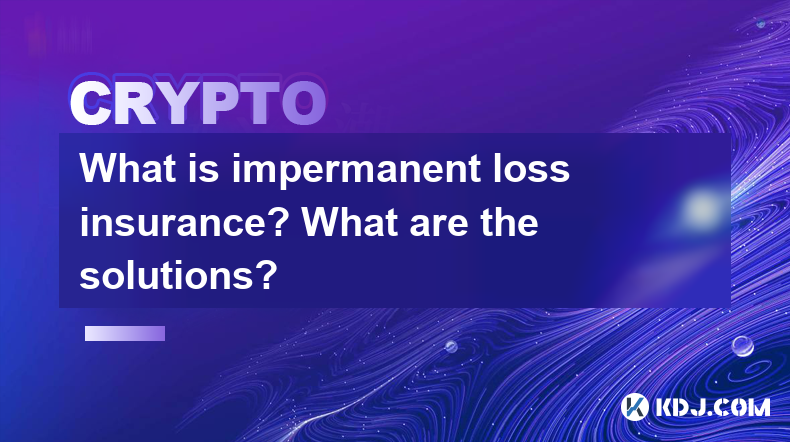
What is impermanent loss insurance? What are the solutions?
Apr 12,2025 at 01:14am
What is Impermanent Loss Insurance? What are the Solutions? Impermanent loss is a significant concern for liquidity providers in decentralized finance (DeFi) platforms. It occurs when the price of tokens in a liquidity pool changes compared to when they were deposited, leading to a potential loss if the provider decides to withdraw their liquidity. To m...
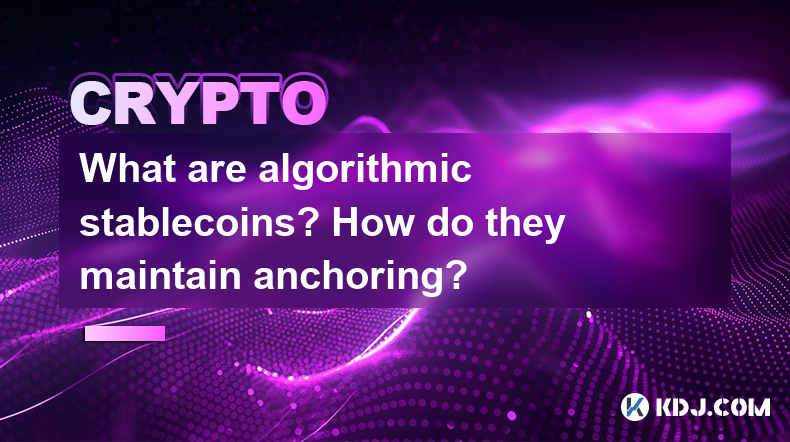
What are algorithmic stablecoins? How do they maintain anchoring?
Apr 12,2025 at 11:35am
Algorithmic stablecoins represent a fascinating and innovative segment within the cryptocurrency ecosystem. These digital assets are designed to maintain a stable value, typically pegged to a fiat currency like the US dollar, through the use of algorithms rather than traditional collateral. This approach distinguishes them from other types of stablecoin...
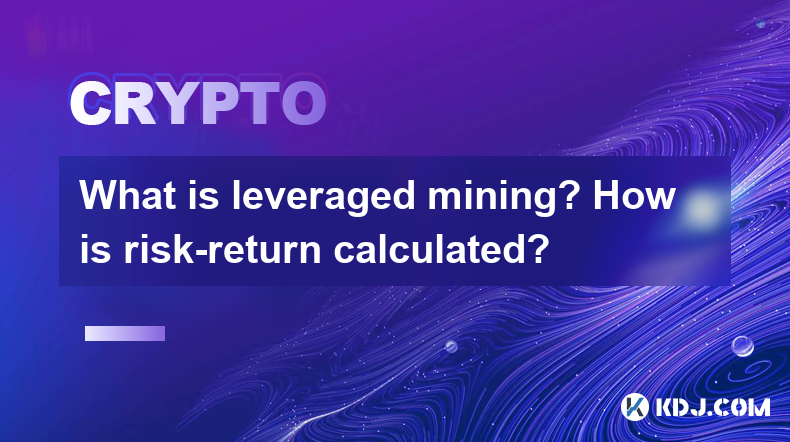
What is leveraged mining? How is risk-return calculated?
Apr 11,2025 at 04:07pm
What is Leveraged Mining? How is Risk-Return Calculated? Leveraged mining is a strategy used in the cryptocurrency space where miners borrow funds to increase their mining capacity and potential returns. This approach can amplify both profits and losses, making it a high-risk, high-reward endeavor. Understanding how to calculate the risk and return asso...
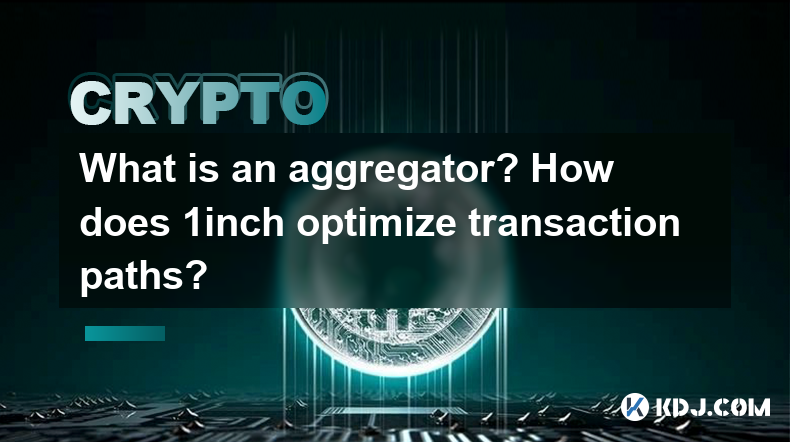
What is an aggregator? How does 1inch optimize transaction paths?
Apr 12,2025 at 05:00pm
An aggregator in the cryptocurrency space is a tool that compiles and compares data from multiple decentralized exchanges (DEXs) to find the best possible trading routes and prices for users. Aggregators are essential for traders looking to optimize their transactions, as they can automatically search through various liquidity sources to ensure the most...
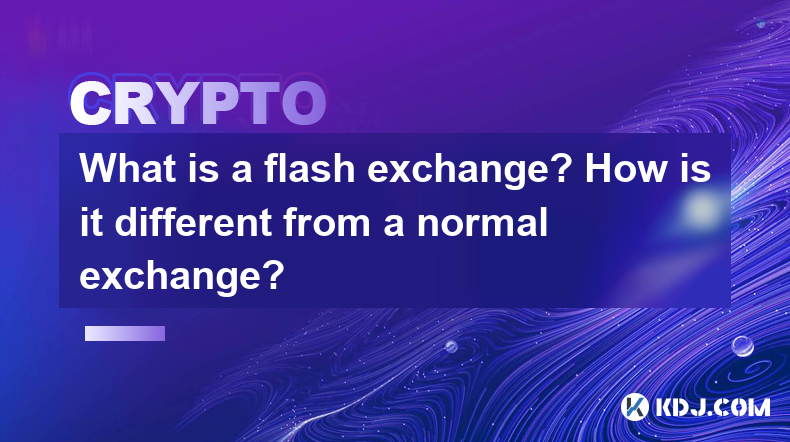
What is a flash exchange? How is it different from a normal exchange?
Apr 16,2025 at 03:43pm
A flash exchange, also known as a flash swap, is a relatively new concept within the cryptocurrency space that has gained significant attention due to its innovative approach to trading. Unlike traditional exchanges, flash exchanges leverage the power of decentralized finance (DeFi) protocols to enable instant, collateral-free trades. In this article, w...
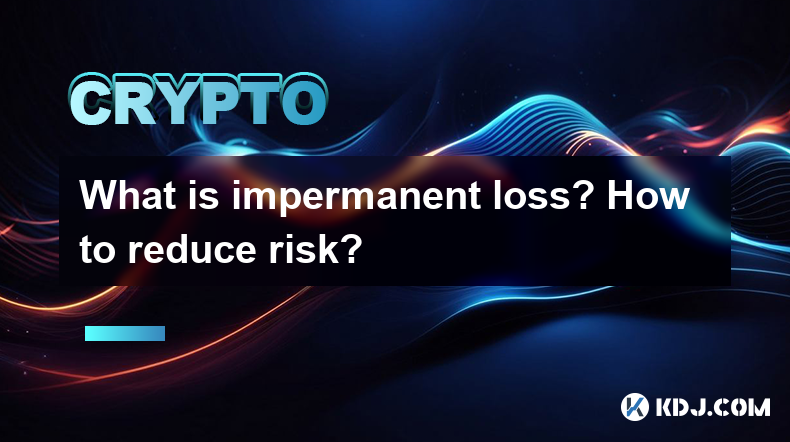
What is impermanent loss? How to reduce risk?
Apr 16,2025 at 11:14pm
What is Impermanent Loss? How to Reduce Risk? Impermanent loss is a term that frequently surfaces in the world of decentralized finance (DeFi), particularly when discussing liquidity provision on automated market makers (AMMs) like Uniswap or SushiSwap. Understanding this concept is crucial for anyone looking to engage in liquidity provision, as it dire...

What is impermanent loss insurance? What are the solutions?
Apr 12,2025 at 01:14am
What is Impermanent Loss Insurance? What are the Solutions? Impermanent loss is a significant concern for liquidity providers in decentralized finance (DeFi) platforms. It occurs when the price of tokens in a liquidity pool changes compared to when they were deposited, leading to a potential loss if the provider decides to withdraw their liquidity. To m...

What are algorithmic stablecoins? How do they maintain anchoring?
Apr 12,2025 at 11:35am
Algorithmic stablecoins represent a fascinating and innovative segment within the cryptocurrency ecosystem. These digital assets are designed to maintain a stable value, typically pegged to a fiat currency like the US dollar, through the use of algorithms rather than traditional collateral. This approach distinguishes them from other types of stablecoin...

What is leveraged mining? How is risk-return calculated?
Apr 11,2025 at 04:07pm
What is Leveraged Mining? How is Risk-Return Calculated? Leveraged mining is a strategy used in the cryptocurrency space where miners borrow funds to increase their mining capacity and potential returns. This approach can amplify both profits and losses, making it a high-risk, high-reward endeavor. Understanding how to calculate the risk and return asso...

What is an aggregator? How does 1inch optimize transaction paths?
Apr 12,2025 at 05:00pm
An aggregator in the cryptocurrency space is a tool that compiles and compares data from multiple decentralized exchanges (DEXs) to find the best possible trading routes and prices for users. Aggregators are essential for traders looking to optimize their transactions, as they can automatically search through various liquidity sources to ensure the most...

What is a flash exchange? How is it different from a normal exchange?
Apr 16,2025 at 03:43pm
A flash exchange, also known as a flash swap, is a relatively new concept within the cryptocurrency space that has gained significant attention due to its innovative approach to trading. Unlike traditional exchanges, flash exchanges leverage the power of decentralized finance (DeFi) protocols to enable instant, collateral-free trades. In this article, w...

What is impermanent loss? How to reduce risk?
Apr 16,2025 at 11:14pm
What is Impermanent Loss? How to Reduce Risk? Impermanent loss is a term that frequently surfaces in the world of decentralized finance (DeFi), particularly when discussing liquidity provision on automated market makers (AMMs) like Uniswap or SushiSwap. Understanding this concept is crucial for anyone looking to engage in liquidity provision, as it dire...
See all articles





















































































